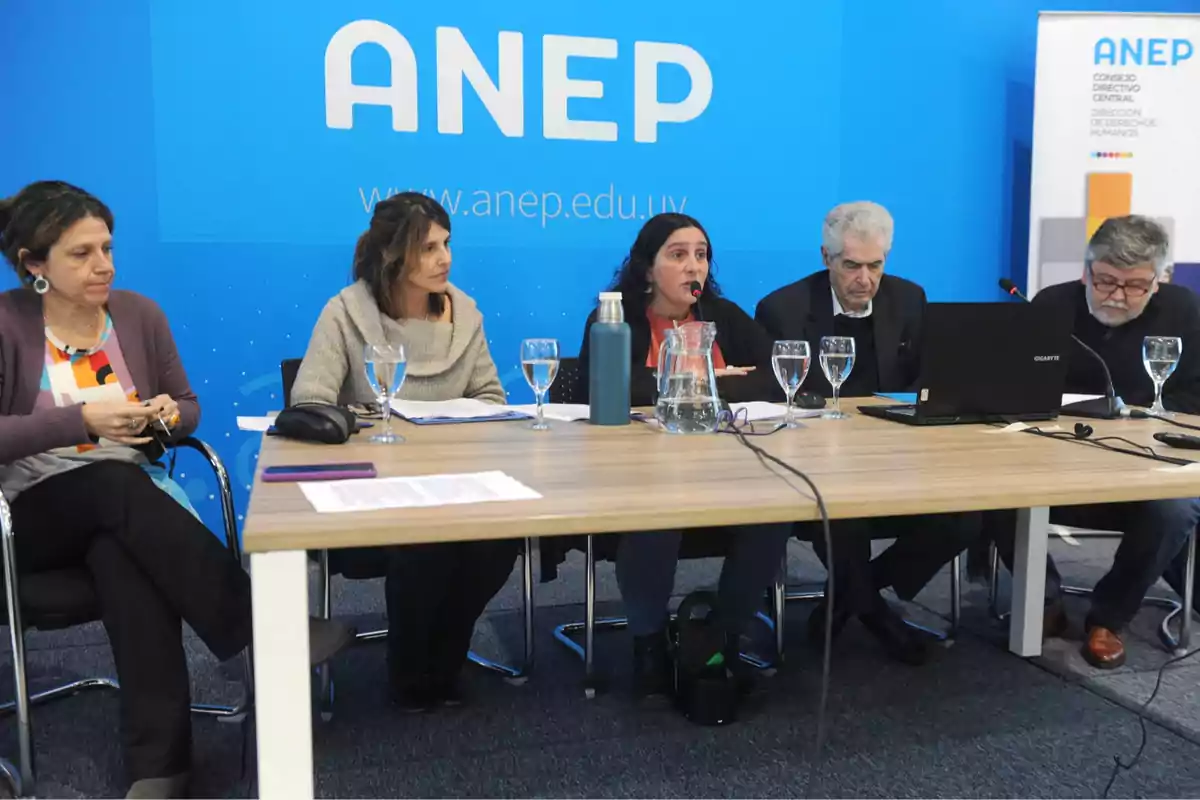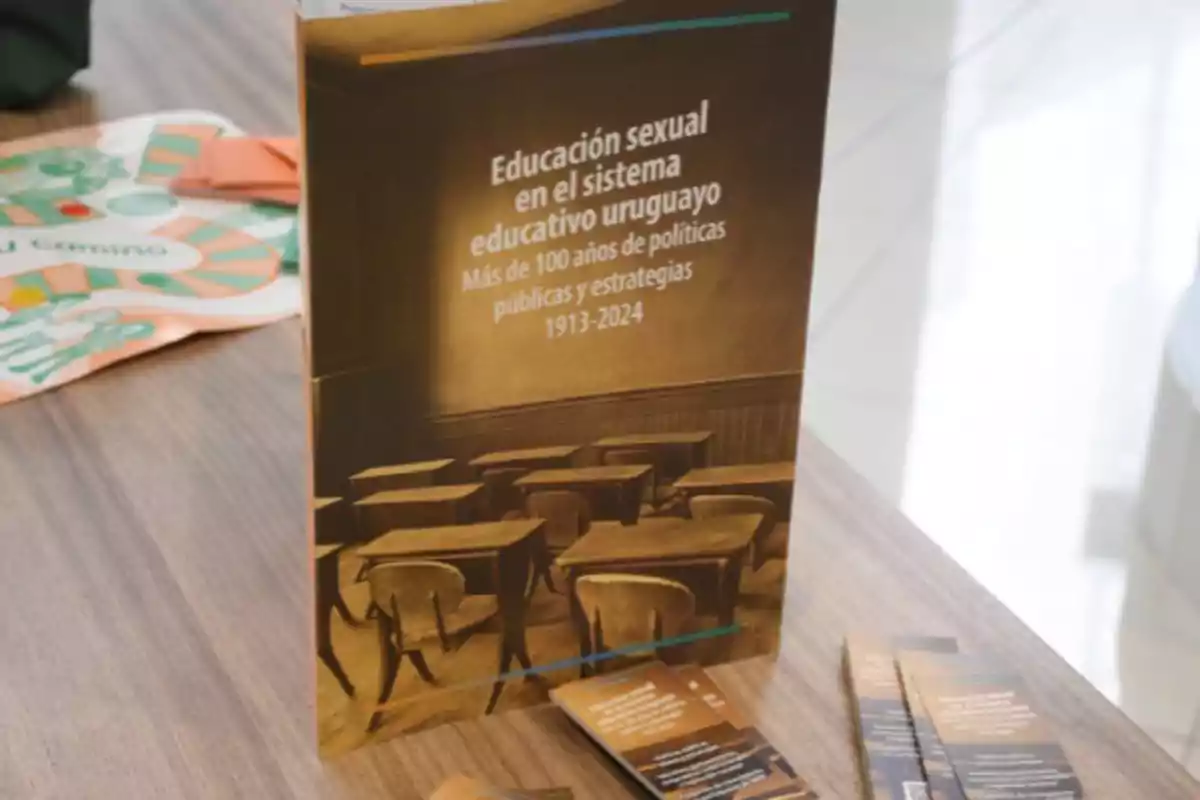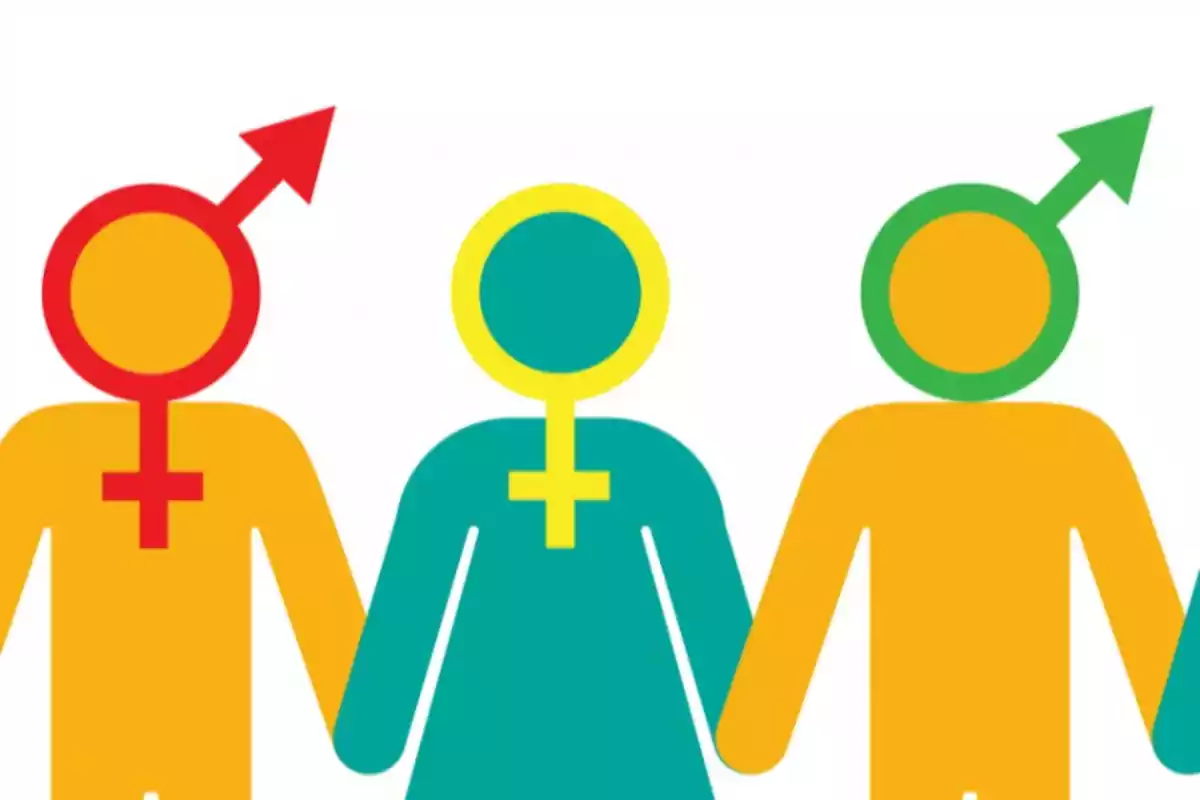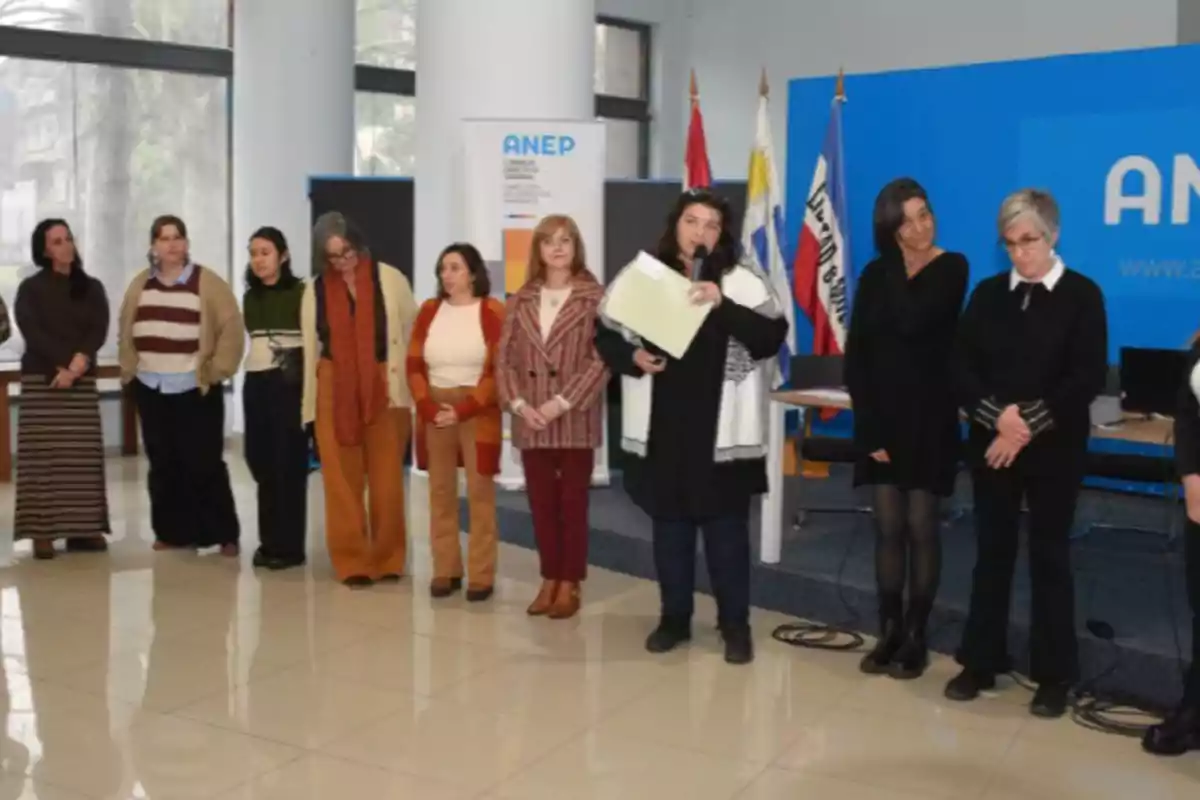
Alert: Uruguay enforces social constructivism and gender ideology through ESI
Ideological shift in Uruguayan sex education
Recently, the National Administration of Public Education (ANEP) reinstated the Comprehensive Sexual Education Commission (ESI), universalizing throughout the national education system the constructivist and relativist epistemological approach, marked by feminist gender theories born during the second wave of feminism.
This imposition represents a deep change that affects the way sexuality is conceived in education, relegating the biological and scientific perspective to the background. This confusion is unacceptable: Sexual education is not the same as Comprehensive Sexual Education.
You may also be interested in...
Sexual education in Uruguay
For much of the twentieth century, sexual education was centered on a positivist, health-oriented, and normative perspective, aimed at disease prevention and the moral regulation of sexuality, as evidenced by initiatives such as the Clemente Estable Plan (1930-1970).

Previously, sexual education promoted by Paulina Luisi introduced an approach based on social hygiene and biological-eugenic morality.
This approach prevailed in the education system and in public policies until the end of the twentieth century, when sexual education began to be incorporated into international debates, with Uruguay's accession to the UN in 1945 as a founding member.
A turning point was the International Conference on Population and Development in Cairo in 1994, which promoted sexual education based on human rights, gender perspective, and the social construction of sexuality.
Is sexuality a right?
Uruguay has progressively incorporated the human rights agenda, including sexual rights, into its national policies.
The recognition of sexuality as a right began in the 1970s, driven mainly by the second wave feminist movement.

During the 1980s, the concept of sexual rights was consolidated in feminist, public health, and human rights circles, and was promoted by organizations such as WHO.
In 1994, in Cairo, sexual rights were formally recognized as essential human rights. This recognition was reaffirmed a year later at the Fourth World Conference on Women in Beijing.
You may also be interested in...
The UN and the erosion of national educational sovereignty
In 2005, under Tabaré Vázquez, the Sexual Education Commission was created within ANEP, establishing ESI as an essential educational right.
In 2008, two legislative events marked progress: General Education Law No. 18,437 (curricular incorporation of sexual education) and Law No. 18,426 on sexual and reproductive health.
That same year, the Sexual Education Program (PES) was launched, consolidating ESI in public schools. In 2017, PES was integrated into the Human Rights Area of ANEP.

Finally, in 2025, the ESI Commission was reinstated with a renewed emphasis on "rights, equality, and health."
Corrupting education: from biological positivism to ideological constructivism
The Uruguayan education system has shifted from traditional sexual education, based on biology and scientific facts, to a constructivist and ideological model.
ESI, promoted by UNESCO, UNFPA, and WHO, relativizes biology and elevates subjective perceptions to the same level as scientific evidence. It also includes content on fluid gender identity and children's sexual rights.
The State as executor of a supranational agenda
With the creation in 2025 of the ESI Area in ANEP, the State ceased to be the sovereign guarantor of education and became the executor of curricula designed by international bureaucrats.
Education ceases to be an individual right to training and becomes a collective obligation of ideological acceptance.
You may also be interested in...
A call to defend educational sovereignty and diversity
Today, Uruguay imposes a reductionist and biased notion of sexuality based on feminist gender theories.
Education must be a space to transmit knowledge based on biological truth, not an instrument of ideological homogenization.
Uruguayans must defend families' legitimate right to a free education, questioning the globalist imposition that erodes educational sovereignty and the innocence of children and youth.
More posts: